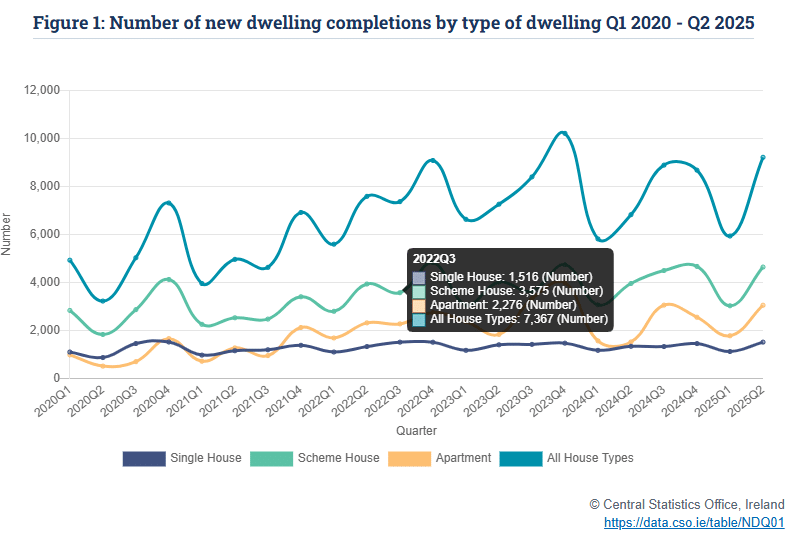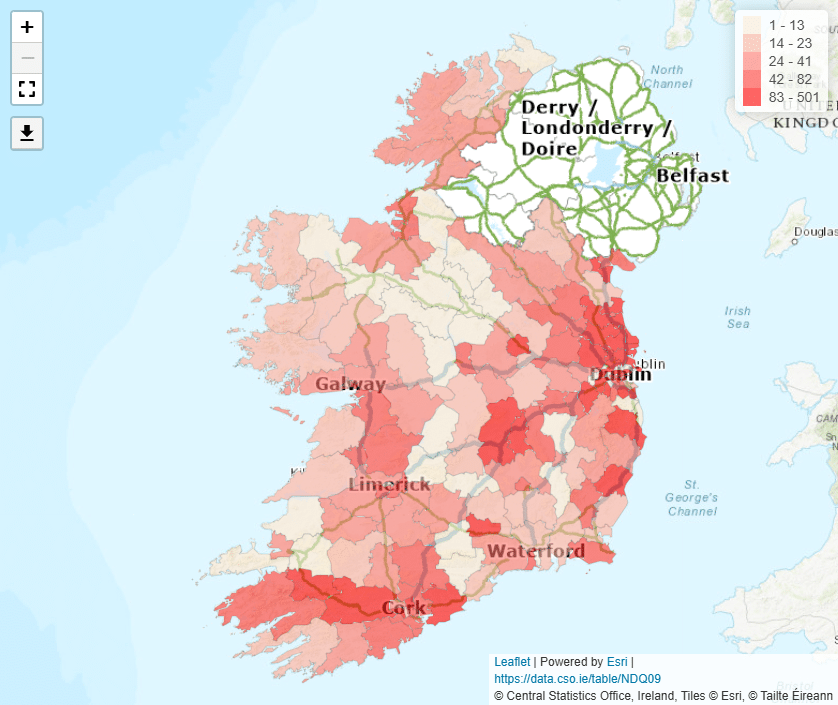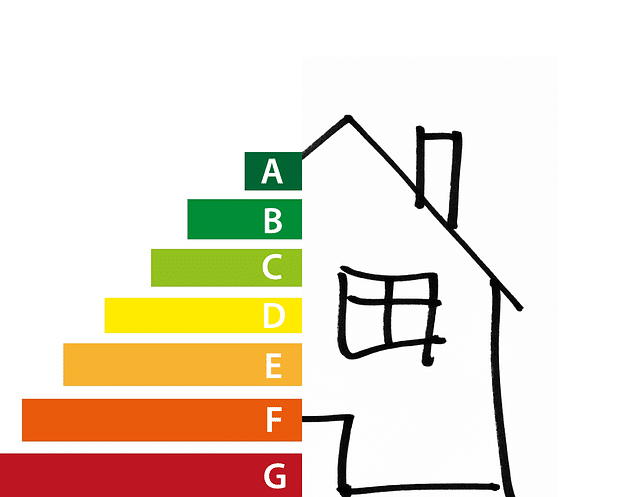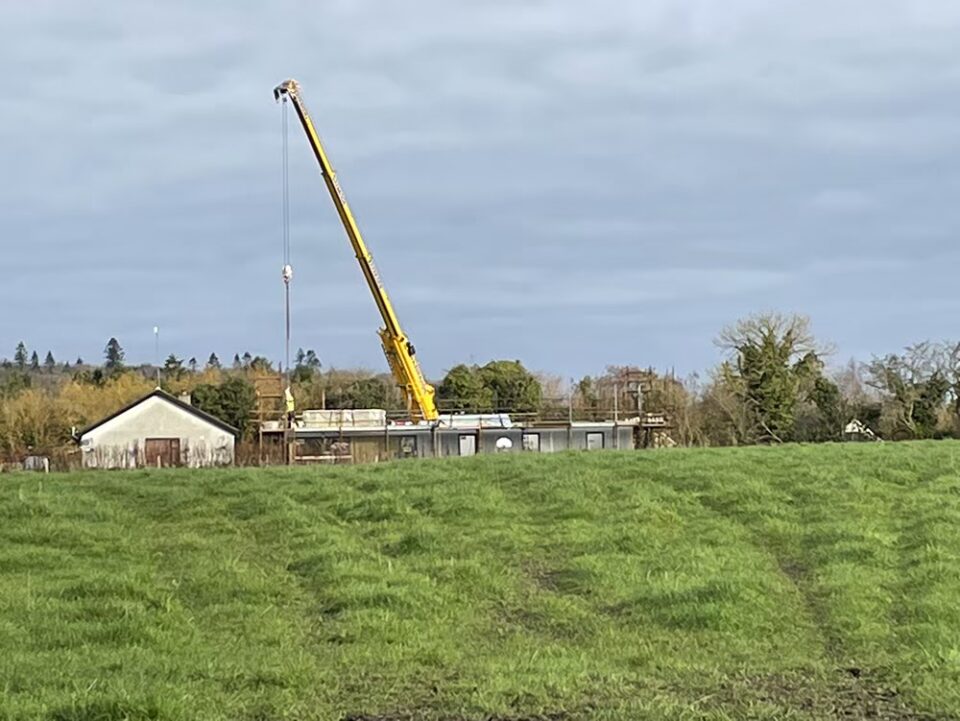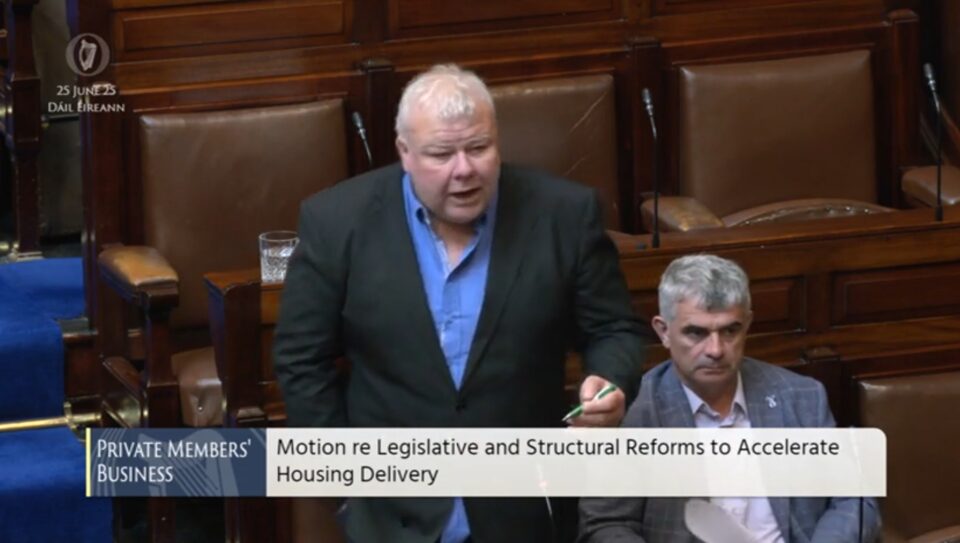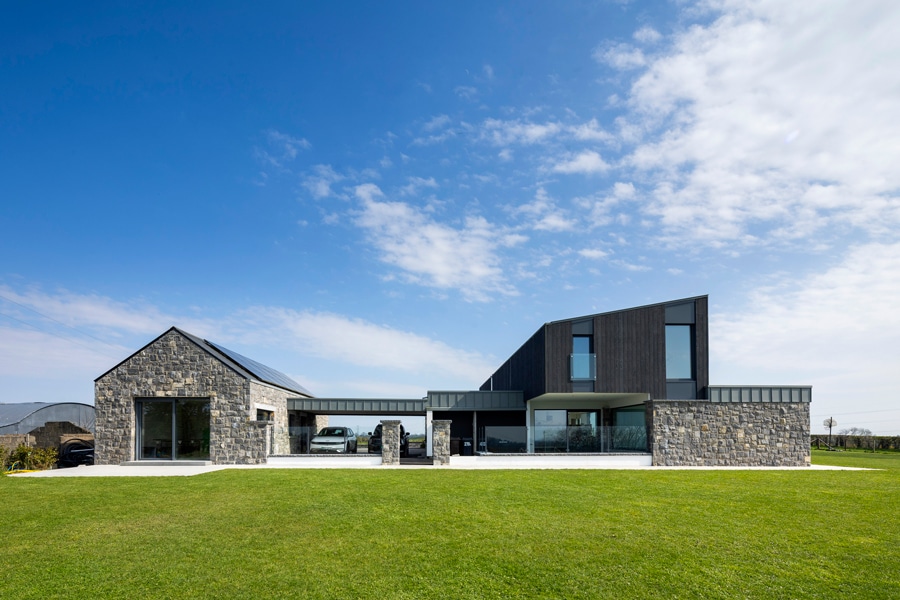Single dwellings up 13 per cent in Q2 2025, but account for just 17 per cent of new homes.
The number of single, one-off homes completed in Ireland rose by 13 per cent in the second quarter of 2025 compared to the same period last year, according to new data from the Central Statistics Office (CSO).
Between April and June 2025, 1,518 single dwellings were completed, up from 1,342 in Q2 2024. Despite this increase, the proportion of one-off homes relative to the national total continued its downward trend, making up just 17 per cent of all new builds in the quarter.
The increase in single dwellings was part of a broader upswing in housing activity, with total completions rising by 35 per cent to 9,214 units. However, while apartments more than doubled and scheme dwellings saw a 17 per cent jump, the growth in single builds was more modest.
The Border region (Cavan, Donegal, Leitrim, Monaghan and Sligo) recorded the highest number of single completions this quarter, with 240 new one-off homes delivered. Cork County followed with 152 single dwelling completions, topping the list at local authority level.
Completions in rural areas — where single dwellings dominate — rose to 1,210 in Q2 2025, up from 1,090 a year earlier. Yet, with 87 per cent of all new completions happening in urban areas, the tilt toward city and suburban development continues.
The average new dwelling size is also declining, with the CSO reporting a drop in its size index to 68, continuing a trend driven in part by a rise in smaller unit types.
Industry warns of deeper issues in delivery pipeline
Despite the rise in completions, developers and analysts say the long-term picture for housing delivery remains uncertain, pointing to serious challenges around planning and infrastructure.
Commenting on the latest housing completion figures, Ian Lawlor, managing director of Roundtower Capital, warned that affordability will continue to worsen without a major step change in housing delivery.
“Unless there is an exponential increase in housing delivery, steep house price and rent inflation will persist and homes will continue to be unaffordable for a large cohort of young people,” he said.
He called for urgent legislative reform to accelerate the planning and delivery of homes, particularly those deemed critical to the national interest.
“We are calling for emergency housing legislation that would fast-track developments of national importance, overriding the legal delays and local inconsistencies that currently hamper builders’ ability to deliver projects efficiently,” he said.
Lawlor urged the Government to take inspiration from the country’s rapid pandemic-era response.
“Just as Ireland demonstrated its capacity to build pandemic hospitals within weeks and mobilise resources overnight, we must now apply that same energy and coordination to housing delivery,” he added.
He welcomed the revised National Development Plan as a “huge step in the right direction”, but stressed the need for follow-through.
“Ambitious housing targets are all well and good – but without proper planning, joined-up thinking and the necessary infrastructure, these promises will simply never be lived up to,” he said.
Kate English, chief economist at Deloitte Ireland, echoed concerns over future delivery, pointing to a sharp drop in new housing starts.
She noted that while completions in the first half of 2025 are at their highest level in more than a decade, commencements have slumped to a ten-year low — a worrying sign for future supply.
“Completion figures confirm that there is practically zero possibility of reaching housing targets this year unless something remarkable happens in the second half of 2025,” she said.
“An examination of commencement figures for the mid-way point of 2025 does not leave much room for optimism in 2026. The low commencement figures are concerning because this shows how our future pipeline is performing,” she added.
English attributed the slowdown to persistent issues in the planning system, policy uncertainty, and infrastructure bottlenecks, all of which she said are dampening developer confidence and delaying new projects.


